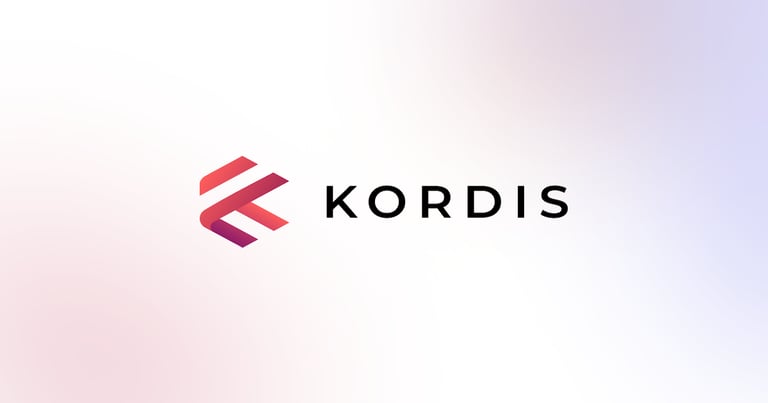TL;DR:A high-end gym in Texas had investor interest—but messy books, commingled funds, and zero financial control. Kordis stepped in, cleaned house, helped them raise $750K, and turned a monthly burn of $200K into profitability. Here's what happened—and what every founder should know.
Looking for afractional CFO for gyms? That’s exactly what Kordis brought to the table—deep financial strategy aligned to growth and operational control.
The Situation: A Gym with Buzz, Burn, and Bookkeeping Nightmares
This luxury wellness space in Texas, was a founder favorite. Investors loved the brand and traction. But behind the scenes? Pure chaos.
They were burning $180K to $200K a month. The co-founder acting as CFO had full financial control. Funds were being commingled with another business. Their QuickBooks account was a mess. CRM data didn’t match financial statements. No controls. No visibility. No trust.
Investor interest was waning fast. Enter:Kordis.
What Went Wrong: Red Flags Everywhere
Kordis did what any strategic finance partner should: diagnose the root causes fast.
Top red flags:
Revenue numbers didn’t tie across systems (QuickBooksvs.CRM)
Commingled business accounts across unrelated entities
NoP&Lby location (making expansion look worse than it was)
Zero financial oversight or internal controls
Investors received misleading financials
It wasn’t just a cleanup job. It was a credibility rescue mission.
How a Fractional CFO Fixed the Chaos and Raised $750K
To keep the gym alive,Kordishad to move fast.
Here’s what they did:
Ran aminiquality of earnings reportusing CRM (Mindbody) to reconstruct actual revenue
Used high-level assumptions to build an adjusted financial model
Replaced all banking infrastructure withMercury
Locked down financial authority to just Kordis and a lead investor
ImplementedRampfor spend controls and expense visibility
Rebuilt a bottoms-up startup financial model from scratch
Introduced internal controls, approvals, and weekly KPIs
That led to a successful $750K fundraise viaSAFE notes. And within 12 months, the gym reduced its burn from $200K to $50K/month. By month 18? Cash flow positive.
Why You Need a Strategic CFO, Not Just a Bookkeeper
This story is a reminder:tax prepandbookkeepingwon’t save you when investors start asking questions.
What you need is a strategic financial partner who:
Understands your business model
Can translate CRM + ops data into financial insight
Builds investor-ready models (not templates)
Speaks your industry’s language (like four-wall EBITDA)
Brings connections that help you raise capital
Even without deep fitness experience, Kordis paired finance expertise with the right investor network to drive results—becausenot all revenue is created equal.
When to Hire Financial Strategy Services
Founders often ask:"When do I really need a CFO?"
Here are four green lights:
Fundraising prep: You need credible, investor-grade numbers.
Distressed cash flow: You know something’s off, but not where.
Growth complexity: Multiple locations, offerings, or investor pressure.
M&A or sale: Getting your house in order before buyers arrive.
If you're generating $750K+ in profit, planning to raise, or struggling with scale, it might be time.
Looking for a sharp, hands-on CFO who’s done this before?
👉Meet with Kordis, a fractional CFO firm on Sam's List that has deep experience working with gyms!
You Might Also Like
- Fractional CFO Services: Costs, ROI, and When to Hire
- Do I Need a Fractional CFO? 7 Signs You’re Ready
- Why Your Startup Needs a Fractional CFO (Not Just a CPA)
Author: Kimi, Co-founder of Sam's List
Kimi writes about what she's learning while building Sam's List and shares honest takeaways from her conversations with accountants and financial advisors across the country. None of this is financial advice—just the stuff most people wish someone told them sooner.
MeetKordis: We help SMB and lower middle market companies in the $5M-$50M range grow and scale. We simplify the complex and help you align resources so you can achieve your goals.






